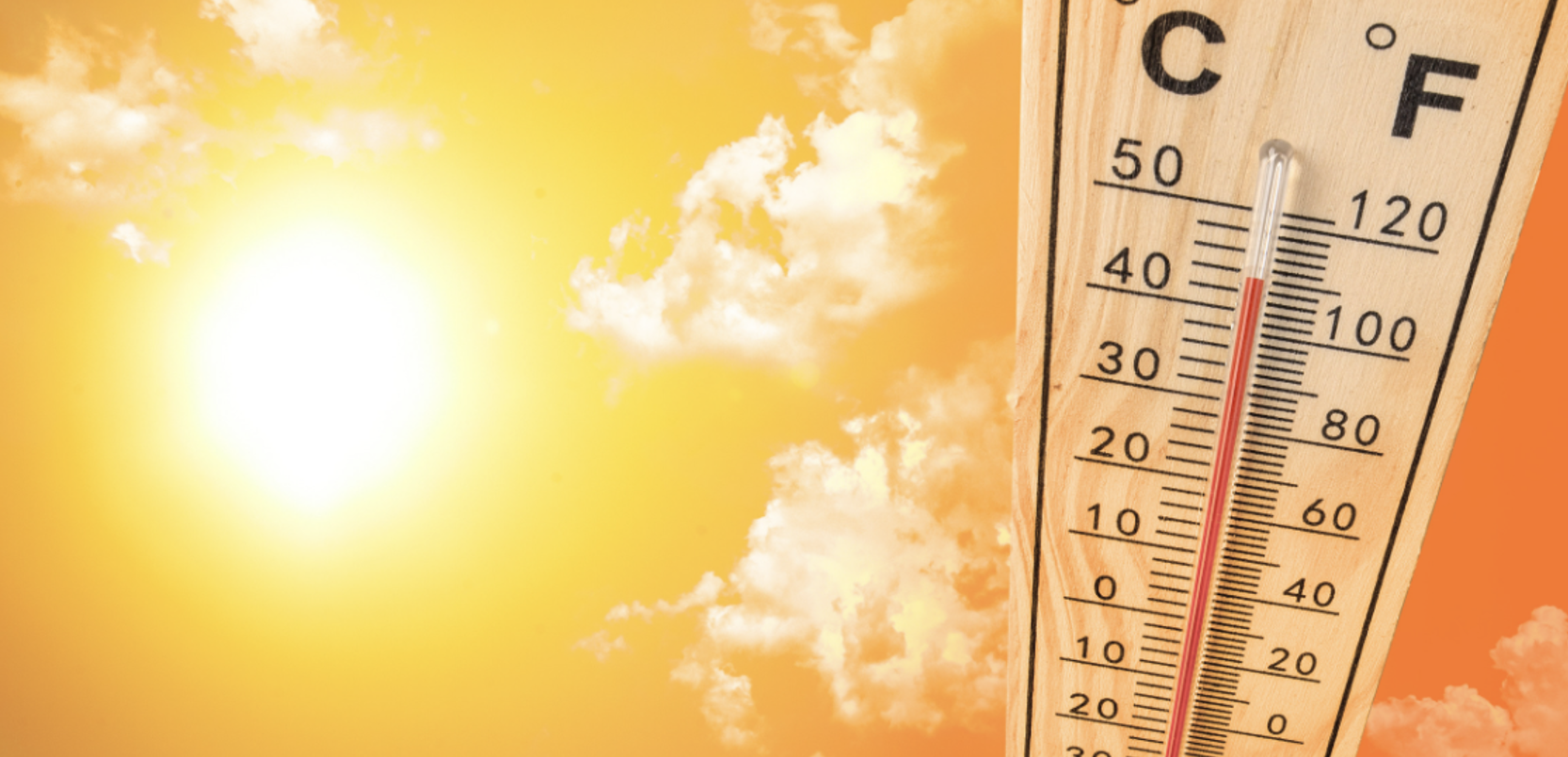The Impact of Warm Weather and Heat on individuals with ASD and LD
This article was written by Finley Adam, a PBS Practitioner at Achieve Together and edited by Jasmine Afaily-Zadeh a PBS Practitioner at Positive Support Group.
With the changes in weather patterns we have been seeing over the last few months, and the continued warm weather well into the fast approaching cooler seasons, one of our partner practitioners, Finley Adam, PBS Practitioner at Achieve Together has written a piece reflecting on the impact of warmer weather on behavioural presentations we may see when working with our clients.
Several studies have explored the relationship between warm weather, heat, and aggression. However, the focus has rarely shifted to how this might affect individuals with autism spectrum disorder (ASD) and Learning Disabilities (LD). It has been observed that higher temperatures can lead to heightened sensory sensitivities and difficulties in self-regulation. Some individuals may struggle with adapting to changes in temperature without being able to understand their frustrations. This can result in increased restlessness, irritability, and aggression. This aggression is known as “reactive aggression” and is the result of an accumulation of many factors that cause the individual to lash out, which quite often will be towards the closest person or object to them. This is something that I have noted in my experience and something other workers in support may identify.
Understanding and predicting the effects of temperature on individuals’ behaviours can be crucial for providing appropriate support and interventions. This is especially true for individuals with ASD and LD. Support can be as simple as providing appropriate air conditioning (AC) or summer bed sheets to make it more comfortable in the hotter nights, something I observed first hand following the installation of AC in a flat leading to a reduction in behaviours of concern and overall improvement in sleep.
By understanding the relationship between warm weather, heat, and challenging behaviours in individuals with ASD and LD, we can create a more inclusive and supportive environment that enhances their overall quality of life. The effects of warm weather and heat on individuals with ASD and LD are significant. Increased instances of aggression during the summer months highlight the need for tailored support and interventions. Individualized support plans, environmental modifications, and sensory-based interventions can play a crucial role in promoting well-being and minimizing behaviours of concern in hot environments.
As we continue to see warmer periods of weather, well into autumn, it is important to understand the larger context that we all exist in. The cooler months, and shorter days can also bring their own challenges. Therefore, it is important to always assess our clients holistically and in a fully person-centred way, taking into account seasons and temperature preferences and how they may impact the behaviours of those we support.

